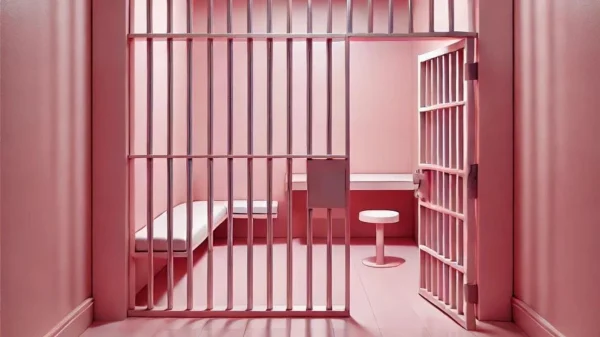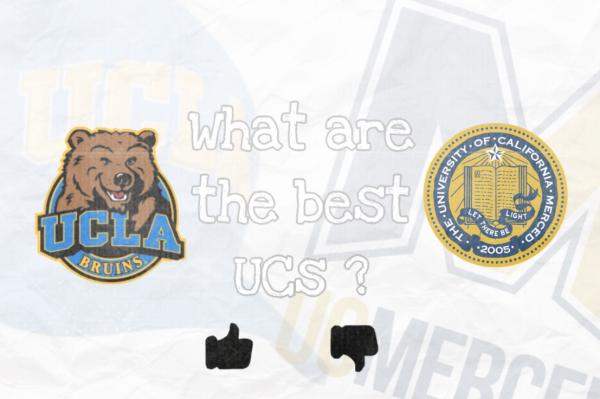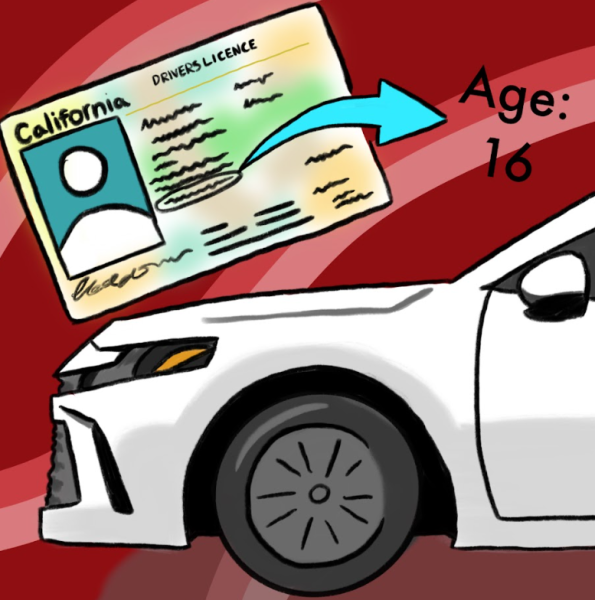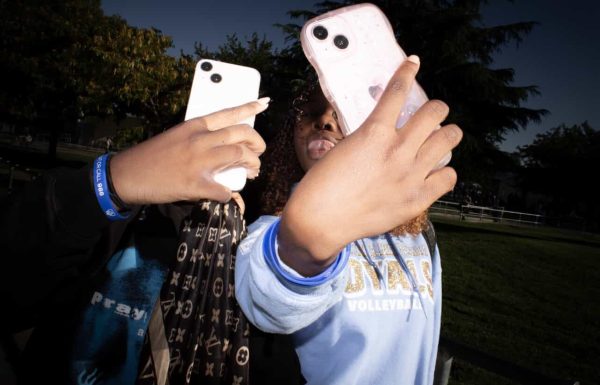The Isolating Experience of Queer Youth and The Need for Representation
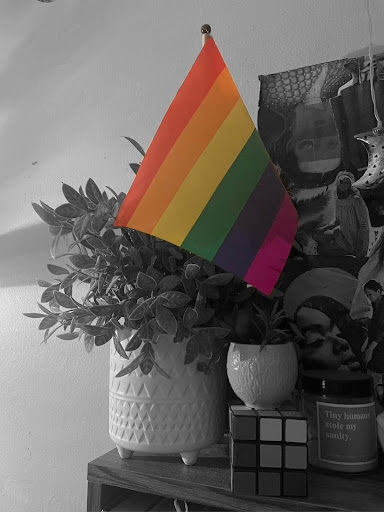
Picture by Faith Crossan
In just about every movie you watch about high schoolers, there’s a first-love story: an awkward, lightning-fast, all-encapsulating teen romance. Time after time again, we watch as boy meets girl, and the world around them seemingly bends at their fingertips.
As a kid, watching movies like this was fun; Fantasizing about my first love, wondering if we’d go to drive-ins or stargaze in his car. However, as I grew older, my dreams began to change. Not only is there a saddening lack of drive-ins nowadays, but I also realized I had no interest in a boy sweeping me off my feet. I longed for the girl in the movie instead.
Growing into my identity now, I’m comfortable with who I am and rarely ever wish for anything different. But I have moments where I do wish for change, and I curse myself for not being able to relate to the teen movies of my generation or gossip about the cute boy in second period.
I can’t help but wonder how different my life would be if, growing up, I got to read books about two princesses or watch a TV show about a girl that likes other girls. I feel I can count good queer movies on my hands and still come up with fingers to spare. What’s worse, all the movies worth watching feature the most heart-aching storylines and seldom have happy endings. As a queer person, watching our relationships end in death and longing leaves the bone-chilling feeling that I’m destined for the same fate.
Topics of representation in the media are increasingly important as our country continues to allow anti-gay and trans bills through legislation. After coming out, I had countless conversations with people who were questioning and didn’t know how to navigate their sexuality, especially in a world still so hostile against the community. Had they seen themselves in relatable, realistic, happy characters on the screen, I feel that the fear of rejection would have been soothed.
Furthermore, the more mainstream representation of the LBGTQ+ community, the more the stigma surrounding us is broken. It feels like a hurdle every time I meet someone new, and they assume I’m straight; having to brave the task of coming out to them and hoping they are okay with my existence is exhausting. The more people are exposed to diversity, the less they see it as something to take note of. The more families that see gay people on TV, the less jarring it is when one of their own children comes out. More representation, in any case, can never be harmful and only acts as a bridge to close the gap between “us” and “them.”
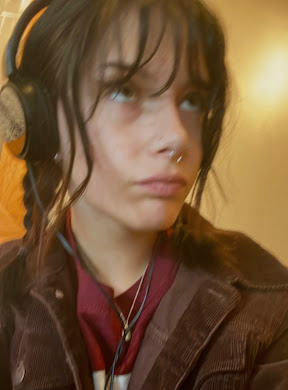
“To love the hibiscus, you must first love the monsoon” - Hala Alyan, “Thirty”
The past four years have felt like a monsoon. And now, as the clouds...



